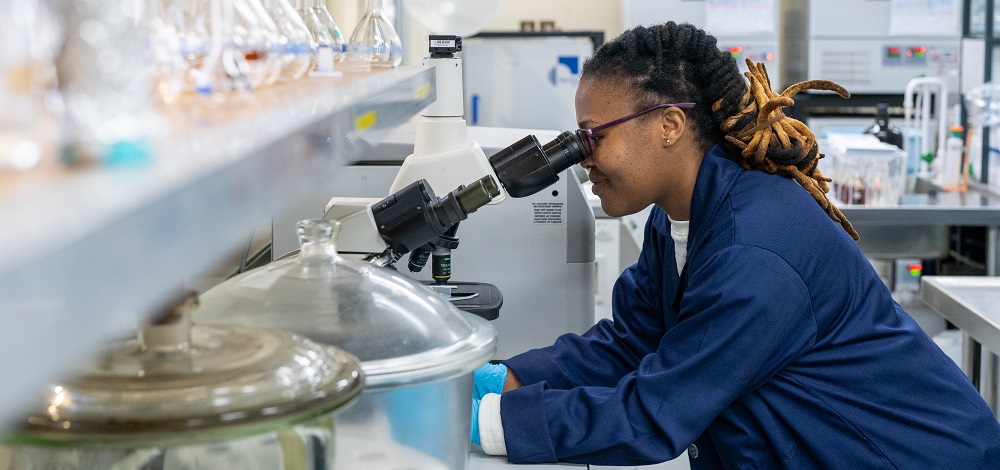Engineering
Chemical Engineering

The Department of Chemical Engineering at Stellenbosch University takes pride in training and delivering well-rounded, highly-skilled chemical engineers. We offer an Engineering Council of South Africa (ECSA) accredited professional degree in Chemical Engineering, which means that it takes four years minimum to complete, and you can apply to register as a Professional Engineer with the ECSA after acquiring the relevant experience in industry. Our team of 20 full-time lecturers are dedicated to providing an engaging and enriching learning experience, whilst developing curious engineers with a solid scientific foundation who can solve problems with creativity and innovation. We aim to inspire a love for learning and stimulate a passion for science and engineering. Watch this video to find out more about the Department and to see what our facilities look like.



x
- Website: chemeng.sun.ac.za
- E-mail: undergradchem@sun.ac.za
- Facebook: Chemical Engineering – Stellenbosch University
- Instagram: chem_eng_sun
